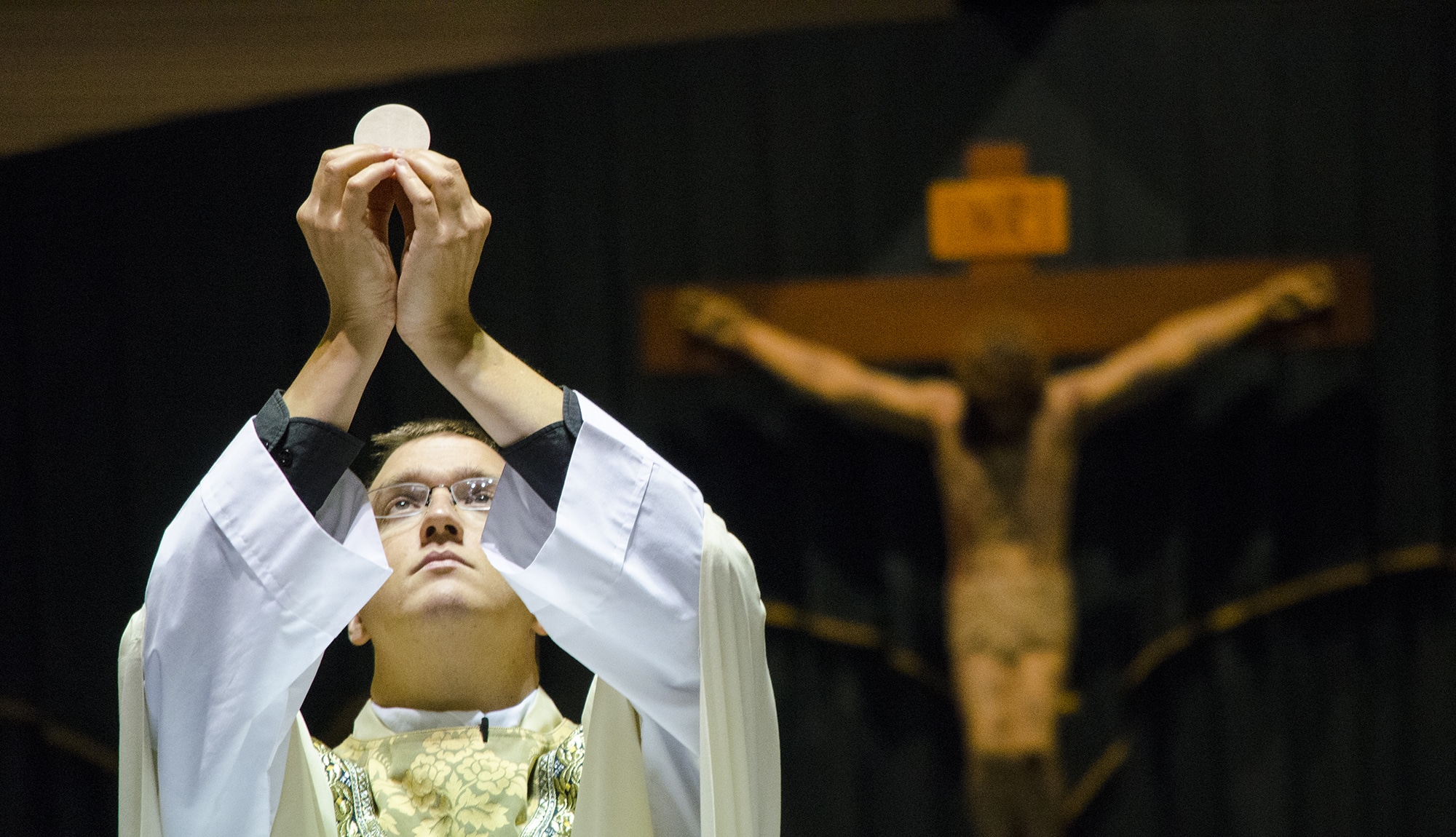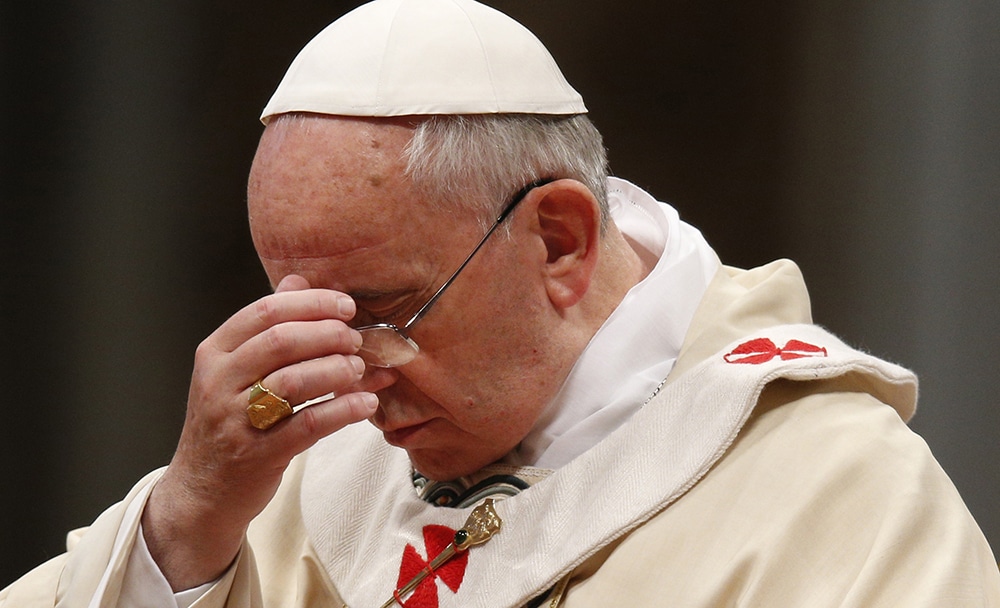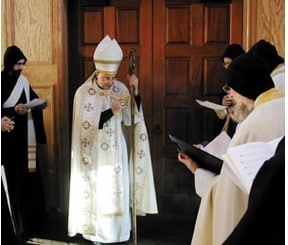Tithing is often misunderstood by Catholics. It’s one of the most frequent issues I’m asked about, so this column addresses the most commonly asked question on tithing I receive: Does the Church provide what percentage to give?
The short answer is that the universal Church does not specify a particular amount. It’s important to remember that the original tithe (10th) was part of Mosaic law, and as such, is now subject to the current governance of the Church. In the Summa Theologia (Question 87), St. Thomas Aquinas noted that the Church can change the amount the faithful are to give based upon circumstances.
The pertinent instruction for the universal Church comes from Code of Canon Law, Canon 222: “The Christian faithful are obliged to assist with the needs of the Church so that the Church has what is necessary for divine worship, for apostolic works and works of charity and for the decent sustenance of ministers. They are also obliged to promote social justice and, mindful of the precept of the Lord, to assist the poor from their own resources.”
Note that while Canon 222 specifies an obligation to give, it does not provide a specific amount. While the Church has not defined a universal amount to be given, it is not uncommon for local dioceses to recommend specific percentages for giving to the diocese, local parishes, and other charities.
Putting God first
Just because the amount you give is voluntary doesn’t mean that the concept of the tithe, or 10 percent, isn’t important. Aquinas noted that the tithe flows from natural law, with 10 being one of the perfect numbers.
It’s important that our giving be both from the heart and substantial as a reminder that God reigns first in our lives. With the average American Catholic giving a bit more than 1 percent to charity, the tithe is an antidote to our consumer culture.
Should giving be based on income before or after taxes?
Proverbs 3:9 says, “Honor the Lord with your wealth, with first fruits of all your produce.” This reference lends credibility that our giving be based on income before taxes. With that said, it would be possible for a government to tax its citizens at a rate that would make it virtually impossible to tithe on gross income and still meet one’s personal obligations.
School tuition
Can Catholic school tuition be counted as part of the tithe?
Church teaching isn’t clear on this, and there are varied opinions. My own opinion is mixed. On the one hand, it seems clear that Catholic education fits within what Canon 222 describes as “apostolic works.” That’s an argument for allowing tuition payments as part of the tithe. On the other hand, giving should be outward focused, and tuition for family members does provide a level of self-benefit. However, it also provides support for institutions of Catholic learning.
Because the objective of Catholic education is of such importance, and the financial burden so high, I believe it is reasonable to include Catholic tuition as part of the tithe when necessity dictates. If resources are adequate to provide for Catholic education in addition to a full tithe, that would be the preferred approach.
Finally, in the event of very limited resources, it may be that tuition costs will absorb the full tithe. In this case, I recommend that at least some portion of the tithe be reserved for divine worship and assisting with the needs of the poor.







